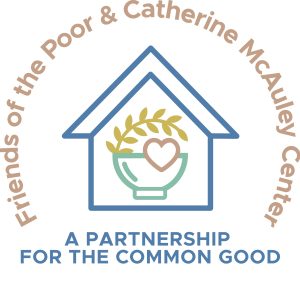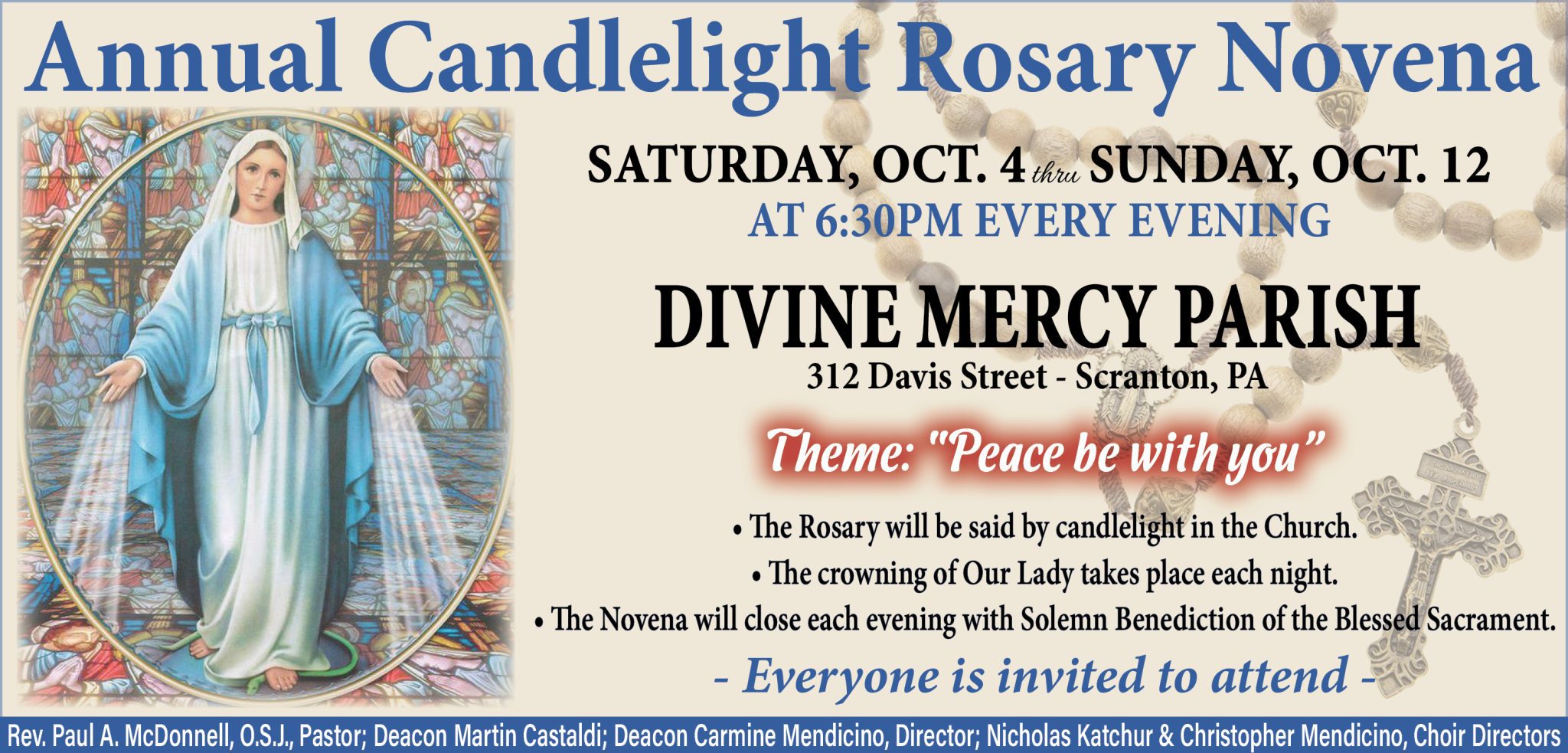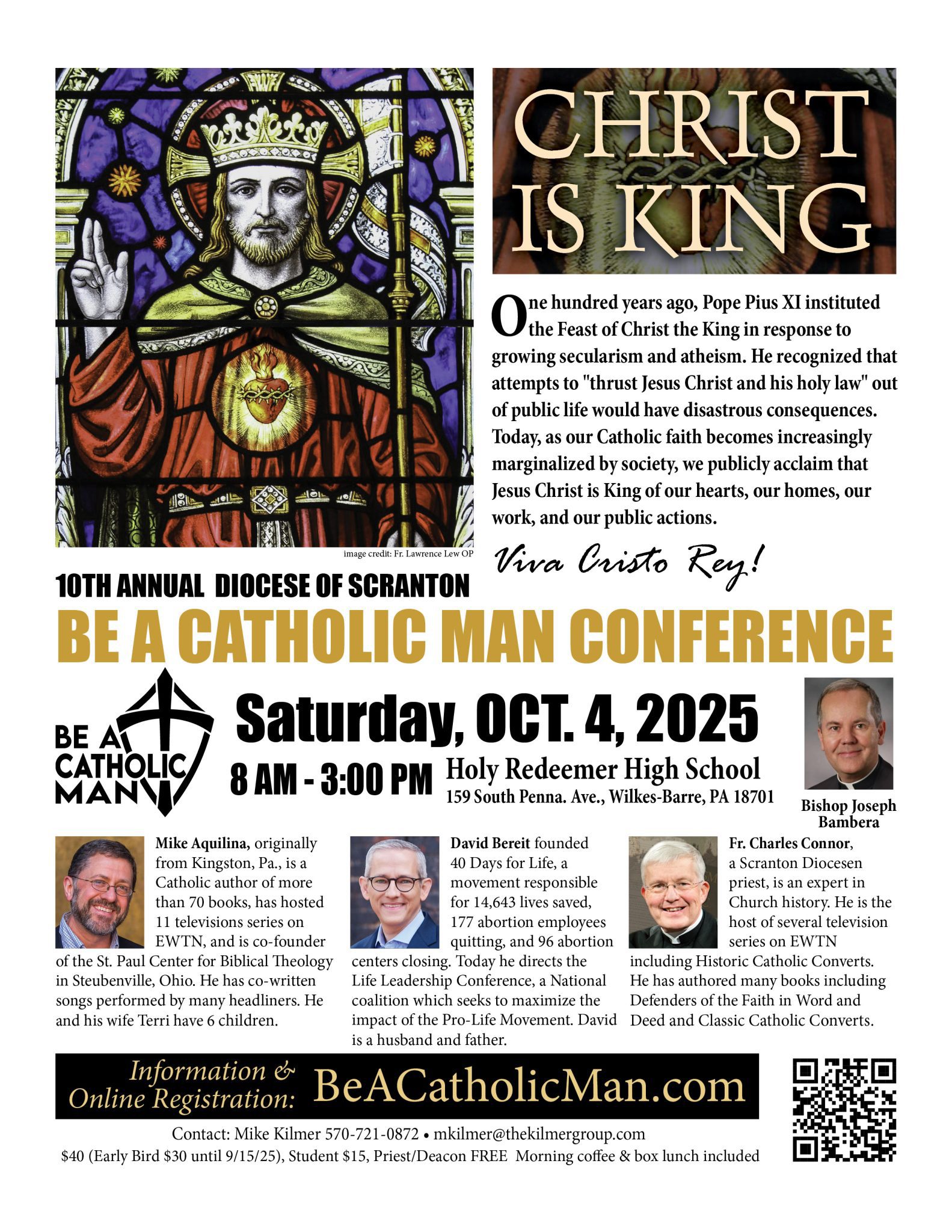WASHINGTON (OSV News) – The U.S. Supreme Court began its fall term Oct. 6, with cases on its docket that include legal battles over some of President Donald Trump’s policies and use of executive authority.
The justices also will hear challenges to the death penalty; Idaho and West Virginia state laws requiring student athletes to compete on sports teams that correspond to their biological sex rather than the gender they identity with; and an appeal from a group of faith-based pregnancy centers in New Jersey.
“As always, the Supreme Court’s docket so far includes many cases that raise interesting, important and tricky legal questions,” Rick Garnett, a professor of law at the University of Notre Dame, told OSV News.
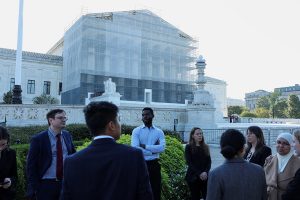
In three consecutive months, the court will hear cases over Trump’s tests of the limits of his presidential power: In November, the justices will consider Trump’s tariff policy, which he set unilaterally; in December, they will consider whether he can remove personnel at independent agencies; and in January, they will consider his attempt to fire Lisa Cook, a member of the Federal Reserve’s Board of Governors.
Others will likely follow, as the Trump administration asked the high court to weigh in directly on his executive order to end birthright citizenship for children born in the U.S. to parents without legal status or who are temporary visa holders.
The high court began its new term amid a split in public opinion over its work. An Oct. 2 Marquette Law School Poll survey found 50% of the public said they approve of the way the Supreme Court is handling its job, and 50% disapprove.
The Marquette survey also found that more than half of respondents (55%) said they “believe the Court is going out of its way to avoid making a ruling that President Donald Trump might refuse to obey.” Asked about that finding, Garnett replied that it is “not surprising, given the state of political discourse and disagreement in our country, that many people think this.”
“I believe that the justices expect that the president will abide by their rulings, even if he thinks they are mistaken,” he said. “Under our Constitution, presidents and members of Congress take an oath to the Constitution, and are obligated to interpret the Constitution, just as the justices do and are. This does not mean presidents and members of Congress have to agree with the court, but our tradition, except in extremely rare cases, has been for them to comply with the court’s decisions.”
Among the first cases of its term, the court will hear Chiles v. Salazar, a First Amendment challenge to a Colorado law banning professional counseling services that practice “conversion therapy” for minors, efforts intended to change a minor’s gender identity that differs from the young person’s biological sex or to change their sexual orientation.
Opponents of the law argue it restricts their ability to provide counseling to minors experiencing same-sex attraction or gender dysphoria, the feeling of distress that one’s biological sex and gender identity are not aligned. But supporters of the law argue such treatments are discredited and so the ban shields children from treatments they might be forced to undergo by their parents.
“The Chiles case is being described as involving a state’s ban on ‘conversion therapy,’ but the law at issue actually sweeps much more broadly, and prohibits talk-therapy that is consensual and that reflects the religious commitments of both the counselor and the client,” Garnett said. “A lower court had approved the ban, on the theory that the counseling in question is ‘conduct’ and not ‘speech.’ This theory is not plausible, though, and the justices are likely to reject it.”
Garnett argued the law “singles out and censors particular viewpoints and perspectives about gender-identity issues, and the rule is not carefully targeted at potentially coercive or dangerous practices.”
The high court will also hear an Alabama case over a man on death row convicted of a 1997 murder who is considered intellectually disabled based on IQ testing, and how courts should determine such a designation in death penalty cases. Existing Supreme Court precedent found executing an intellectually disabled person violates the U.S. Constitution’s Eighth Amendment prohibition on cruel and unusual punishment. The case comes as the Trump administration has sought to expand the use of capital punishment.
First Choice Women’s Resource Centers, a group of faith-based pregnancy centers in New Jersey, has challenged an investigation by that state’s attorney general alleging they misled people about their services and sought information about their donors. The court took the case up, but has yet to schedule oral arguments.
Near the end of its last term, in a June 18 ruling in United States v. Skrmetti, the court found a Tennessee law restricting gender transition treatments, including puberty blockers for minors, did not violate the equal protection clause of the 14th Amendment. The Biden administration had challenged the law, Senate Bill 1.
On the heels of that decision, the court in its new term will consider related laws in Idaho and West Virginia that restrict student athletics to biological sex. Those cases — Little v. Hecox, and West Virginia v. B.P.J. — have been taken up but have yet to be scheduled for oral arguments.

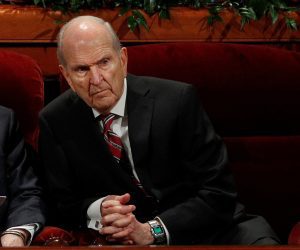
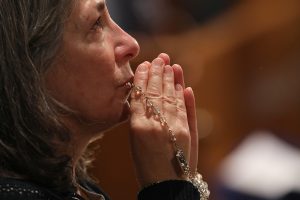
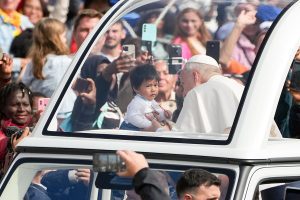
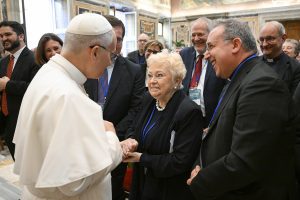
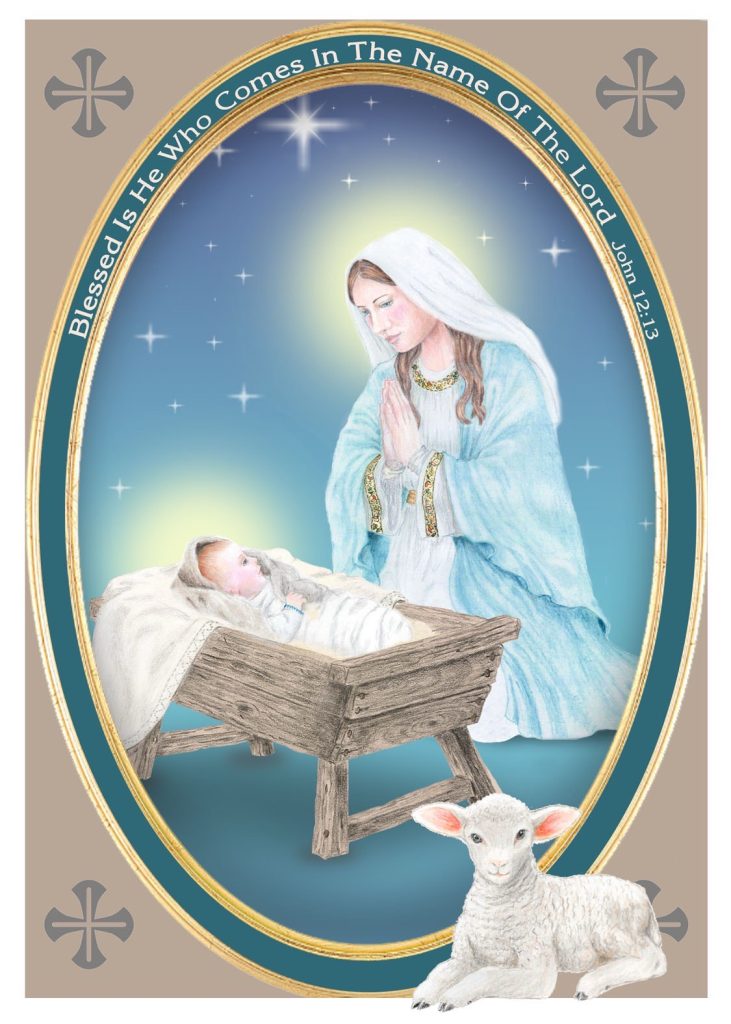 John Frank from Holy Rosary Church Hazleton, chairperson of the VOICE of JOHN annual Christmas Card Event has announced this year’s competition, open to all students grades 9-12.
John Frank from Holy Rosary Church Hazleton, chairperson of the VOICE of JOHN annual Christmas Card Event has announced this year’s competition, open to all students grades 9-12. 